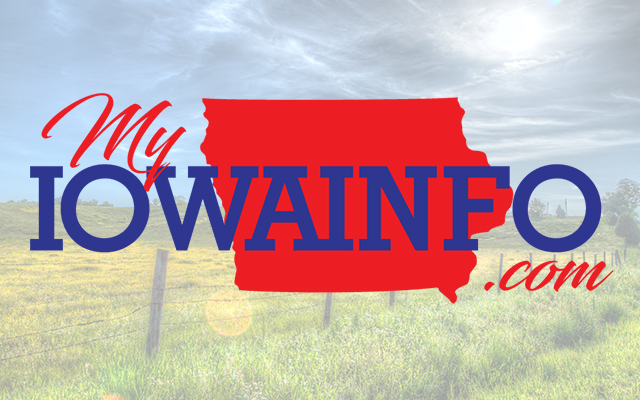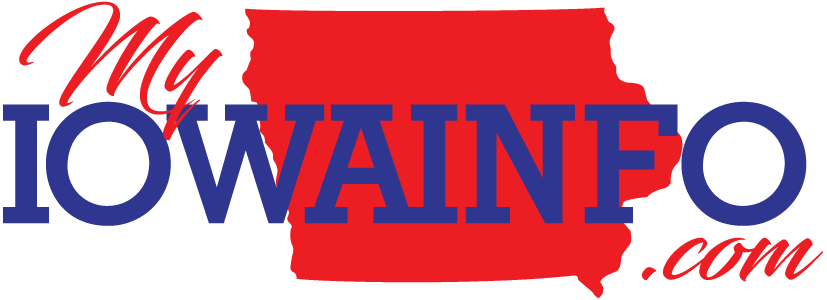News from Tama County

No, it’s not a crop new to Iowa, but hop production in our state is definitely seeing a resurgence. With over 70 breweries now operating in our state, making economic impact of over $100 million and creating more than 1,500 jobs, ag producers are sitting up and taking notice, starting to see hops as a cash crop.
Join Tama County Women, Land & Legacy and Farmers Savings Bank & Trust, Traer for “Hops in Iowa: From the Field to the Tap.” This event will be held on Tuesday, March 12 at the Traer Public Library Community Room, 531 Second Street in Traer. Dessert and registration will begin at 6:30 p.m. with the event following at 7:00.
Keri Byrum’s family has taken seven acres of its farm near Cedar Falls and produces five varieties of hops as Cedar Falls Hops Company. The Byrums feel their hops are of great value to Iowa brewers while satisfying consumers’ increasing demand for local ingredients. Keri will share information on hops history and varieties along with following a hop plant’s life cycle from emergence through harvest.
Nick Newgard of Second State Brewing in downtown Cedar Falls will share what happens with hops after they leave the farm and how different hop varieties impact brewers’ products.
An RSVP is preferred by March 11 by phoning Mel at 641-484-2702, ext. 305 or by emailing her at [email protected] .
This event is free and open to the general public, both women and men.
Tama County Women, Land & Legacy began in 2007, part of a statewide USDA outreach project. This is the group’s 35th local event. Women, Land & Legacy is currently active in thirty Iowa counties and brings together Iowan women interested in agriculture, local food and natural resources to converse, listen and become empowered for involvement on their landscape and in their communities.
Persons needing accommodations to participate in this event should contact 641-484-2702, ext. 305, TDD# or Federal Relay Service at 1-800-877-8339 or [email protected] at least 48 hours prior to the event. USDA is an equal opportunity employer, provider, and lender. USDA and Extension programs are available to all without regard to race, color, national origin, religion, sex, or disability.



